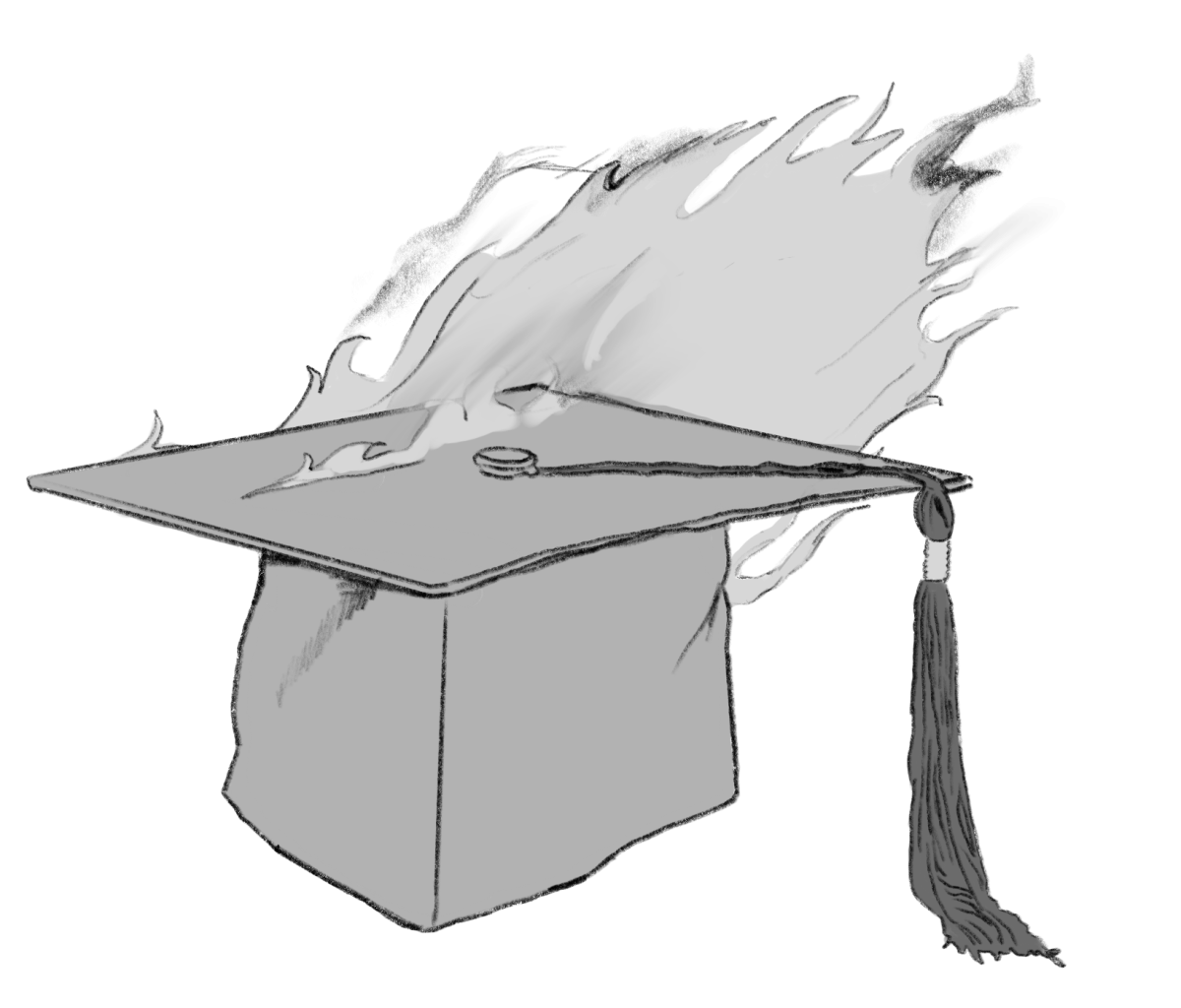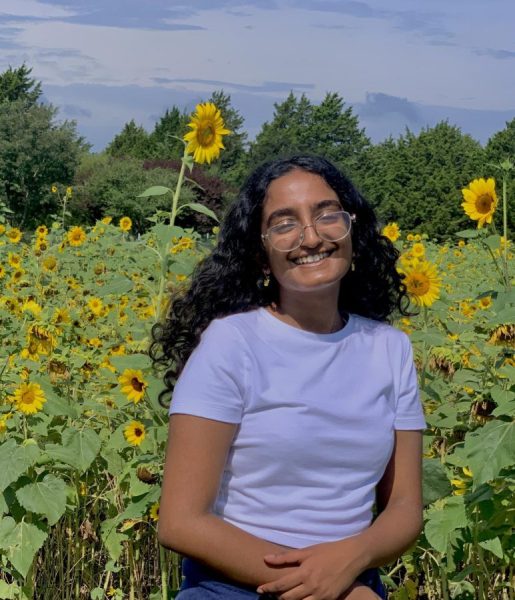During the recent solar eclipse, millions flocked to fields and front yards, equipped with eclipse glasses and excitement. The event drew people away from their homes and workplaces to witness a natural phenomenon that will not occur again for 20 years. For a few minutes or hours, people just sat outside and observed. Then, the call of school or work or other responsibilities pulled people back indoors and away from the sky and fresh air.
There is no end to the evidence that spending time in natural spaces only benefits us. Spending time outside is linked to a reduced risk of heart disease, lowered risk of developing depression, better sleep and improved concentration. Going outdoors with friends or family also improves social abilities, confidence and creativity. With more time spent outside, we also gain an increased appreciation for the environment and are more likely to participate in conservation efforts, something that becomes increasingly important as more of our natural resources are lost to climate change and overconsumption.
Yet, the average American adult spends around 90% of their time indoors. Work and school schedules, tight financial situations and a lack of accessibility are the most common barriers to going outside. We waste away our hours in front of computer screens or hunched over at desks while the natural world and all its beauty sits waiting for us just outside. It takes a solar eclipse for people to tune into the wonders that always surround us.
Of course, a once-in-20-years solar eclipse draws people out of their houses, but while we sit indoors, natural phenomena pass us by constantly. What about the double rainbows, the way lightning forks or the wildflowers growing on the side of the road? What about butterfly migrations, leaves changing colors or the way rivers have carved out spaces for themselves in rocks? All the world sits, largely unappreciated by us, because of the lack of attention we pay to the outdoors.
It’s easy to state that we need to take breaks from our daily monotony to enjoy natural spaces without regard for potential repercussions, but this ignores the reality of many Americans: that it just is not feasible to take off to travel to parks or to even spend 30 minutes a day outdoors locally. Outdoor spaces are not distributed equally, with people of color or lower-income families having less access to safe, nearby parks. The United States also has a history of failing to engage and uphold Indigenous communities in decisions regarding national resources, further gatekeeping outdoor spaces from marginalized communities (especially communities to whom this land belongs).
Part of taking people outdoors is a mindset change, but a larger part is undoing the systemic thought patterns that prioritize productivity over mental or physical health and make natural spaces largely inaccessible to the marginalized. We need to put an increased emphasis on spending time outdoors while also increasing the accessibility and safety of outdoor spaces. More parks, more walkable cities and preserving natural spaces are necessary to truly allow us all to reap the benefits of spending time in nature. As people spend more time outdoors and as we regain our appreciation for natural spaces, it might become even easier to fight for the preservation and spread of natural spaces as we remember how tied we are to the world outside.
Going outside and taking in the fresh air isn’t always the easiest course of action. I know I sometimes wonder why I would ever go outside to the heat and bugs when the comfort of my dorm has air conditioning and I have a paper due the next day. However, it is important to unlearn that hesitation. The outdoors has benefits and lessons that cannot be reaped from air conditioning and fluorescent lighting.
The birds have been chirping the whole time. We shouldn’t wait for an eclipse to go outside and listen.







